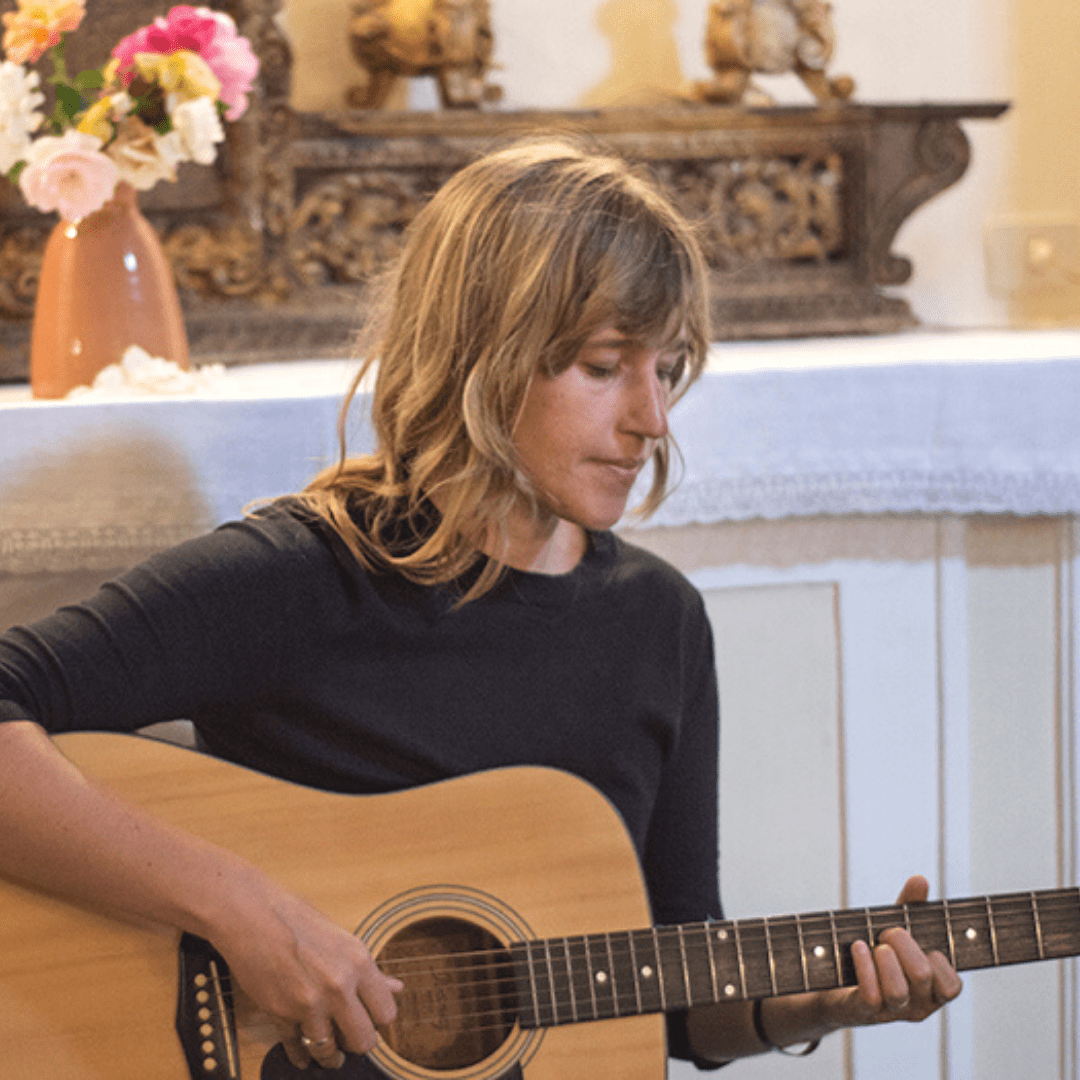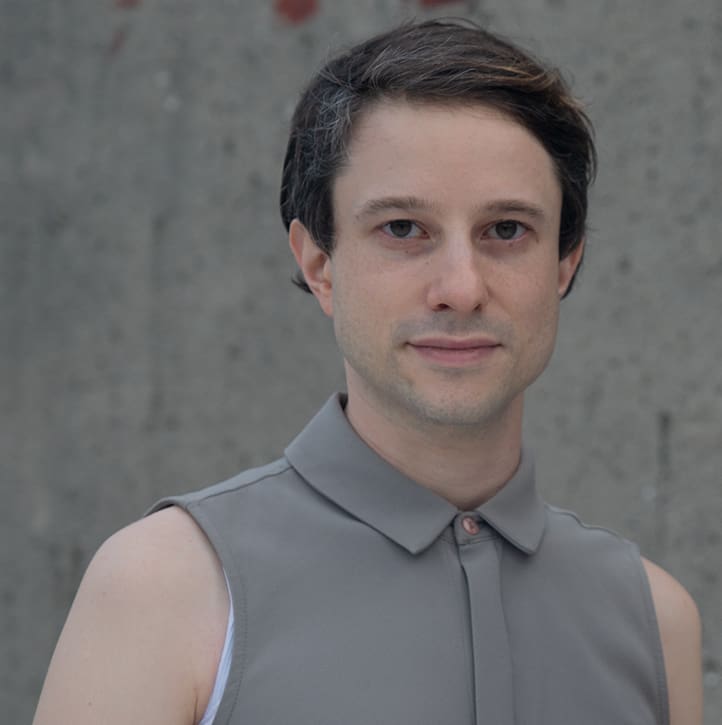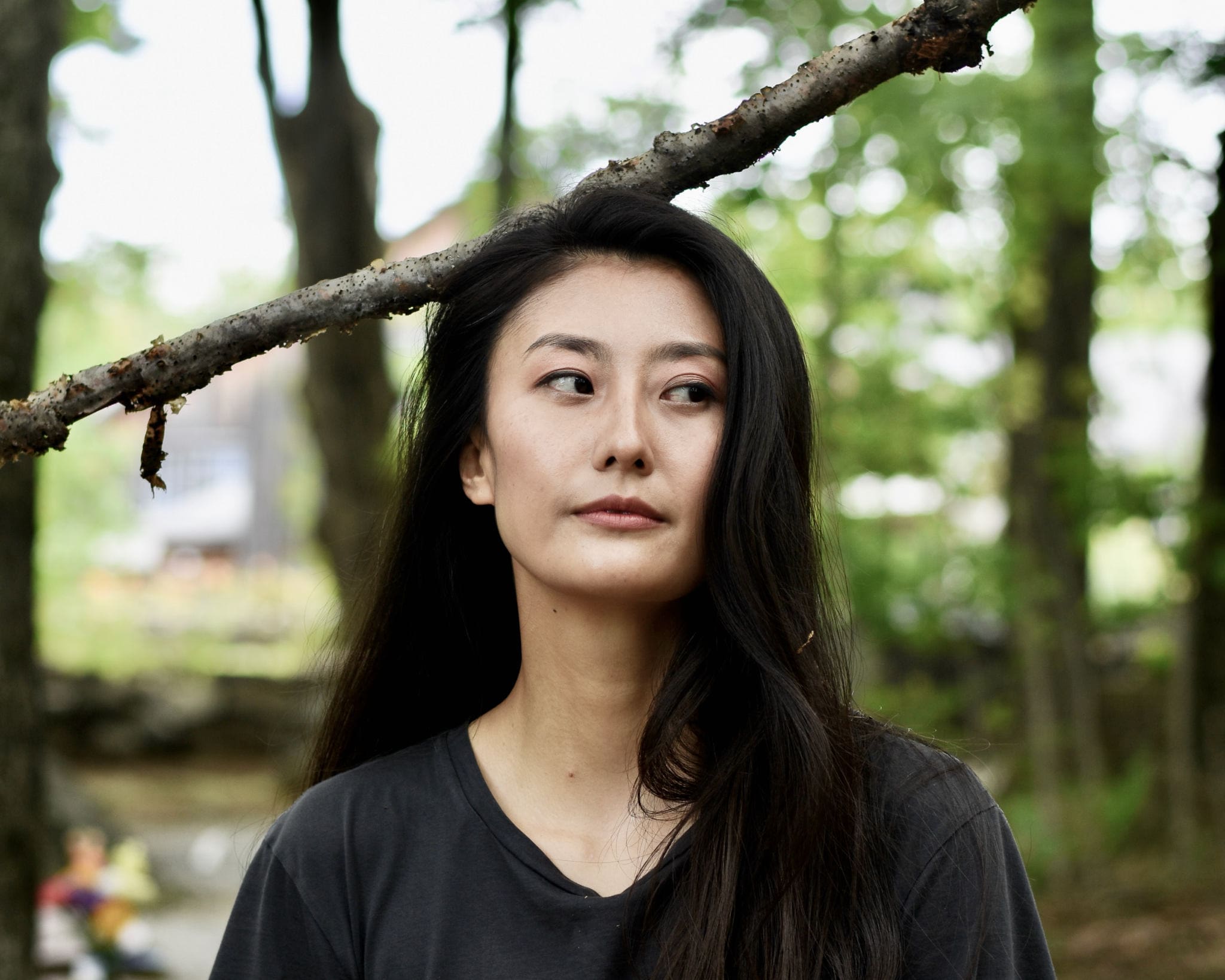MAXforum: Road to Recovery
Moderated by Kay Matschullat
Thursday, September ,

Annie Lewandowski is a composer, performer, and senior lecturer in the Department of Music at Cornell University. In 2017, she began studying humpback whale song with pioneering bioacoustician, Katy Payne. Lewandowski’s 2018 composition, “Cetus: Life After Life,” fur humpback whale song and chimes, explores the evolution of Hawaiian humpback song from 1977-1981. She has been awarded grants from the Atkinson Center for Sustainability for her research exploring the creative minds of humpback whales, and collaborated with Google Creative Lab to create the broadly adopted public web tool Pattern Radio: Whale Song for teaching AI to recognize patterns in humpback whale song. She has released ten recordings with her band Powerdove, and has presented her work at festivals and venues across the United States and Europe, including the Casa da Musica (Porto, Portugal), the Hippodrome (London), the Frieze Arts Fair (London), and REDCAT (Los Angeles). She is a 2014 Civitella Ranieri Foundation Fellow.

Gershon Dublon (b. 1986, New York/USA) is a researcher and artist-engineer working with sensing, machine learning, and embodied interaction to critically reinvent presence in a world of ubiquitous computing and planetary sensing. His work proposes methods to comprehend massive, longitudinal sensor data and AI systems in the service of a sensory connection to self and environment. Dublon has published articles in Presence (MIT Press), Scientific American, IEEE Sensors, New Interfaces for Musical Expression, Body Sensor Networks, International Conference on Machine Learning, and others, and recently contributed a chapter to the MIT Press book Swamps and the New Imagination. His projects and studio productions have been exhibited in venues and festivals including Boston’s Museum of Fine Arts, Mexico’s National Center for the Arts, Ars Electronica, and the Sundance Film Festival. In 2018, Dublon co-founded slow immediate, a creative engineering studio incubated by The New Museum’s NEW INC program and ONX Studio. He is also a board member of Living Observatory, a Boston-based non-profit organization focused on the future of ecological restoration. Dublon received an SM and PhD from the MIT Media Lab and a BSEE from Yale.

NiNi Dongnier (b. Inner Mongolia) is a choreographer, dancer, interdisciplinary artist, and assistant professor in the School for the Contemporary Arts, faculty of Communication, Art and Technology, Simon Fraser University. Her art is continuous exploration of metaphysics of the human body, motion and its relation to specific space and time. Running through all the practice is an interest in perception, embodied experience, migration, natural landscape, and the structure and cultural entanglement behind them. Shuffling back and forth between Beijing, New York, Vancouver, and Inner Mongolia, she rooted in the northern trans-border nomadic culture, views of nature, philosophies, and art on one hand, and on the other hand, embraces a unique perspective that welcomes the dissonance from various forms and philosophies, which is internalized into an independent style of artmaking. She is particularly good at finding connections and shared nature among seemingly opposite things, challenging dualistic thinking. Dongnier is the co-founder of NUUM Collective along with Mimi Yin and Tiri Kananuruk. Nini-dongnier.com